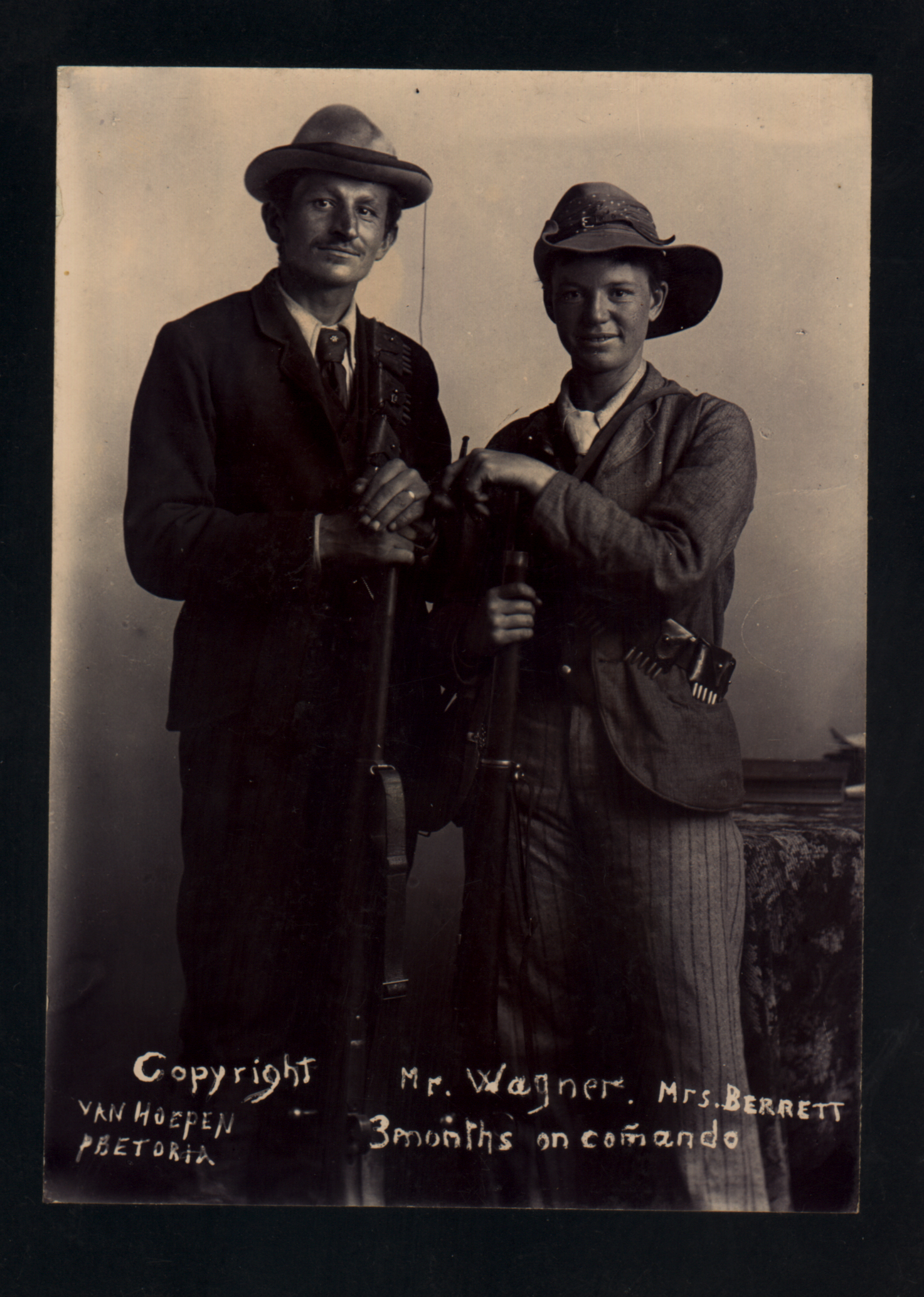By Madeleine van der Walt
History is full of colourful figures that one is not always familiar with, because their deeds have sunk into oblivion over the years. For example, at the age of nineteen, while eight months pregnant, the American Mary Anne Patten became the first woman to captain a clipper (sailing ship), including successfully fending off a mutiny and safely delivering the cargo.
Then there was the decorated British soldier, Mad Jack Churchill (not related to Winston Churchill) – a fearless warrior who in the Second World War took on and defeated the enemy with a broadsword, arrows and longbow.
In our own country, there is no lack of examples of similarly brave and eccentric people, as Madelein van der Walt proves with her story about Helena Herbst Wagner:
At the end of the nineteenth century, the position of women was not as it is today. They often had to play an inferior role, with men making all the most important decisions – not only in society, but also at home. In the patriarchal structure, women’s main role in the community was regarded to be motherhood and they were usually expected to raise children and take care of the home. However, there were women who rebelled against these norms.
I would like to tell you the inspiring story of such a woman. She was Helena Herbst Wagner of Zeerust. It is a story that has been forgotten over the years. The two articles I could find about her appeared in the Daily Express of Thursday 17 April 1902 and the Mail and Guardian of August 1998. Unfortunately, I could not find any other articles about her.
Helena’s husband was a police constable who was called up at the age of 25 to take part in the Anglo-Boer War (1899-1902). In his absence, Helena suffered financially. The cold winter exacerbated her situation and on top of that her only child died of malnutrition.
Lonely and hungry, she wrote a letter to her husband. She was determined to join him and help him to fight in the war. However, Wagner wrote back that he would personally shoot her if he were ever to find her near the battle front.
Although her husband warned her about this danger, she stubbornly decided to carry out her plans. She cut her hair short and adjusted her husband’s clothes to fit her.
As a soldier, according to her later accounts, she shared a tent with the men. If they gave her a pipe, she had to smoke, and if the men used snuff, she had to do so too. For three months she fought disguised as a man with the others, including at Spioenkop and Pontdrift. It was only when she learnt that her brother had been wounded that she applied for leave to go to Johannesburg to take care of him.
Later she returned to Zeerust, where she held a position at the local telegram office. There is very little information about her life after the war. Did she ever find her husband and did she have more children?
One thing I know for sure, namely that even in Zeerust, we had incredible women in history who made a big impact. This woman not only risked life and limb, but also crossed boundaries to make a difference.
Let this be a reminder to every woman in Zeerust and elsewhere that we also carry that courage and strength within us.
Madelein would especially like to thank Marius and Chané Kruger, who made her aware of this phenomenal woman from Zeerust’s past.
Source: https://mg.co.za/article/1998-08-07-the-boervrouens-battle/
If anyone has more information about Helena, Madelein would greatly appreciate it if you could share it with us. It would be great to find out more about her life and contribution.
Photo: Left: Mr. Wagner. Right: Mrs. Berrett (otherwise known as Helena Herbst Wagner)/ Source: www.repository.up.ac.za




















